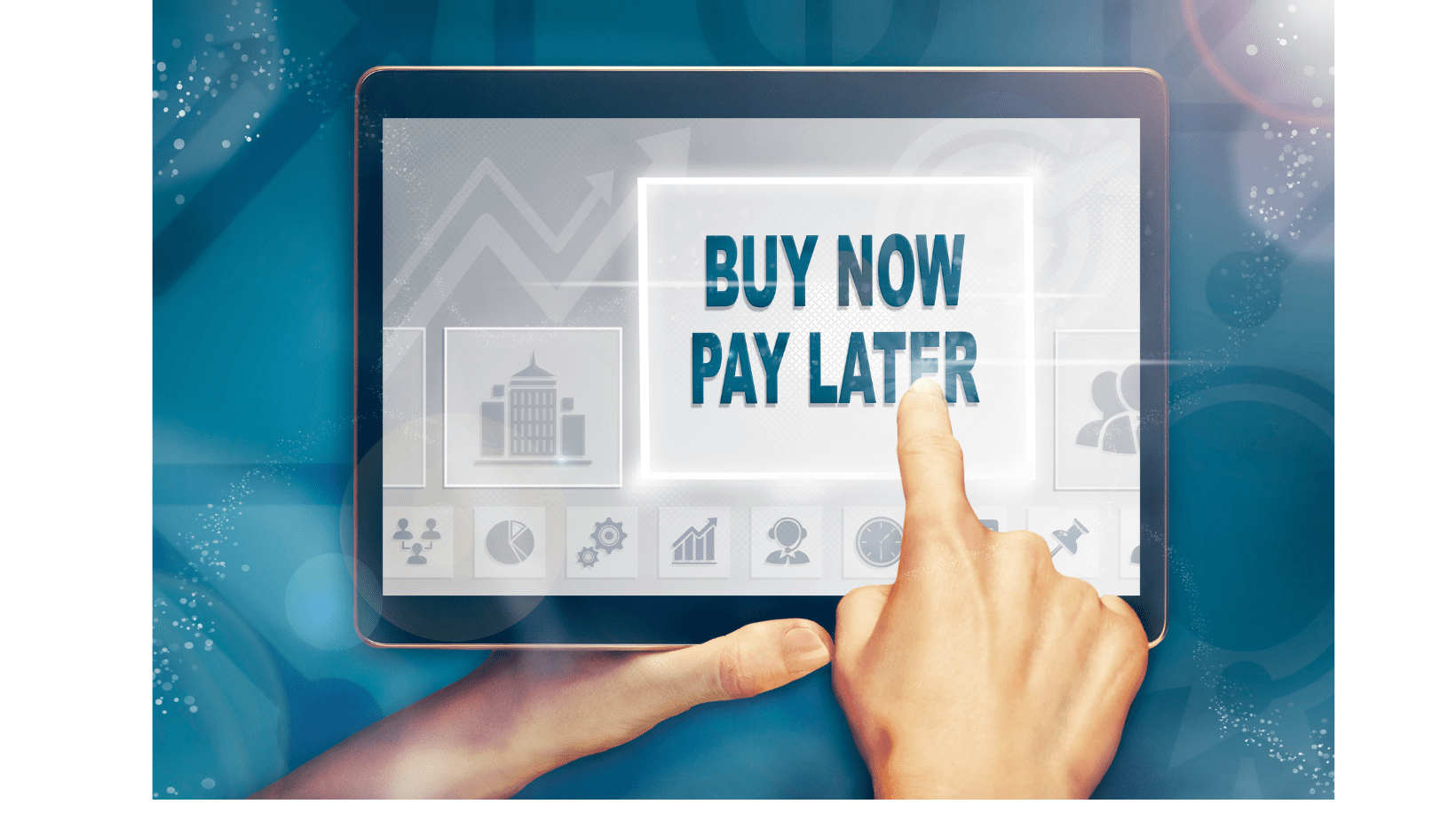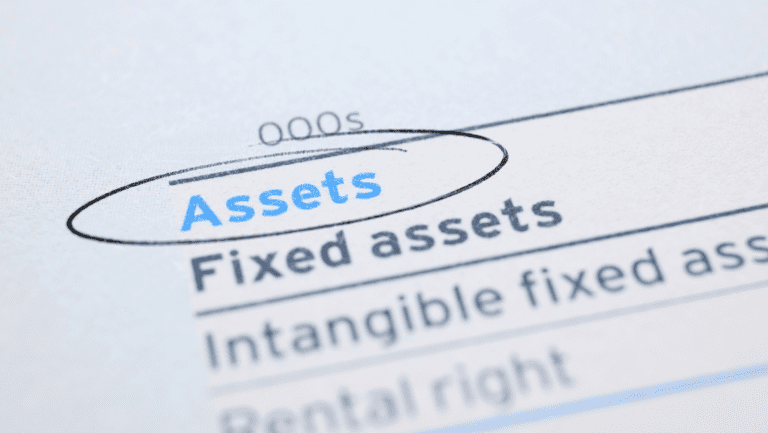Buy Now, Pay Later credit has grown in popularity in South Africa as the lending system has now simplified checkout. As the popularity of online shopping has grown, so has the demand for Buy Now, Pay Later credit, which is now available from large online retailers such as Takealot and Hi – fi Corporation to small websites.
Access to these loans is simple because lenders only conduct a soft credit check before approving the loan. This is beneficial, especially because the loan does not appear on your credit report. Buy Now, Pay Later loans are short-term loans that last between 6 weeks and 12 months. These loans often offer zero interest lending which is why they are so desirable to consumers.
It is possible to obtain multiple Buy Now, Pay Later loans, and credit is made available immediately. The only requirement for buy now, pay later loans is that the customer pay the first installment at the time of purchase. Since these loans are for a short to medium term, having multiple loans from these lenders can leave one over-indebted.
Compromising the repayment plan of a buy now, pay later loan can result in the lender closing the account or placing it in rehabilitation. To avoid this, avoid overspending on your buy now, pay later accounts. Below, we look at how you can avoid overspending on your buy now, pay later account.
Be aware of risks of multiple Buy Now, Pay Later loans
The benefit of buy now, pay later loans is that the lenders do not report the account’s activity to credit bureaus. This gives you an advantage because your credit score will not suffer as a result of applying for these loans. Furthermore, credit bureaus will not be able to determine how you use the credit provided by a buy now, pay later loan.
As the system is still relatively new in South Africa, this may be working in your favour for the time being; however, this may change in the near future. Credit bureaus are attempting to collaborate with buy now, pay later loan providers in order to gain access to clients’ credit information. Pay Just Now is one buy now, pay later loan provider that works with credit bureaus.
Having multiple Buy Now, Pay Later loans will harm your credit in the long run. Changes will have a significant impact on those who have arrears with Buy Now, Pay Later loan providers. To ensure that you are covered if there are changes, avoid skipping loan repayments on a Buy Now, Pay Later account.
The biggest risk of Buy Now, Pay Later loans is that they can be used to purchase almost any good or service. Account holders can now use the loan to buy groceries, alcohol, furniture, DIY supplies, and other items, giving it the appearance of a regular credit card.
A Buy Now, Pay Later loan has a more stringent repayment structure because it only allows for a limited repayment period. A credit card, on the other hand, may allow cardholders to pay only 5% of the total credit used. This increases the likelihood of Buy Now, Pay Later loan repayment failures.
Have a budget for Buy Now, Pay Later loans
Buy now, pay later loans, like any other type of credit, require their own budget. A lack of budget for Buy Now, Pay Later loans may result in a missed payment. The Loan typically requires repayment every two weeks.
Borrowers face difficulties because these loans require payments every two weeks, whereas many people are only paid monthly. Failure to include the repayment of a Buy Now, Pay Later loan in your budget can result in a missed payment on one or more of the scheduled repayment days.
Overspending on buy now, pay later accounts is another factor to consider. These accounts are issued by a variety of lenders, and many South Africans have more than one. Account holders can use Buy Now, Pay Later credit that exceeds their monthly budget; thus, budgeting can aid in the optimization of spending based on affordability.
Deal with temptations for spending
Customers are enticed to keep purchasing items, particularly online, with Buy Now, Pay Later loans. A buy now, pay later transaction may necessitate a 25% upfront payment of the total spending, with the remainder paid every fortnight for three consecutive fortnights.
Paying 25% of total spending can create the illusion that one can afford a purchase at a specific time. However, this is not always the case, and there may be a need to cut back, stick to your budget.
Close some of the Buy Now, Pay Later loans
You may not require many of Buy Now, Pay Later loans. Too many Buy Now, Pay Later loans can leave you in debt. Buy Now, Pay Later loans tend to increase credit limits for those who consistently make loan repayments on or before the due date.
It is easier to manage and maintain if you stick with one Buy Now, Pay Later loan provider. Use a Buy Now, Pay Later loan provider that is accepted by the store you prefer to shop at, and avoid those that are linked to stores you dislike.
Conclusion
If you can manage it, a Buy Now, Pay Later loan is a good credit solution to have. Having too many Buy Now, Pay Later loans can be an administrative nightmare and lead to over-indebtedness. As a result, it is best to select a Buy Now, Pay Later loan that you like and spend wisely on the account. Make a budget to help you avoid overspending on your buy now, pay later accounts.








































